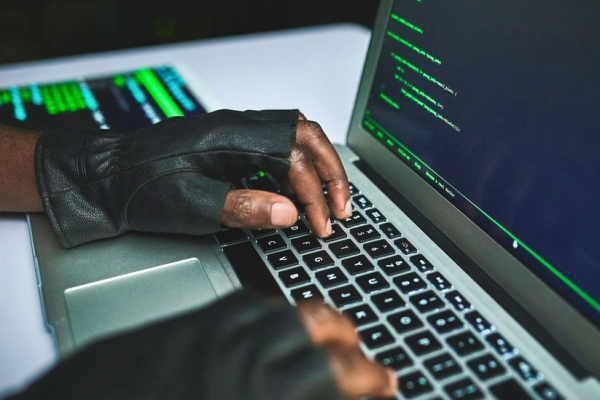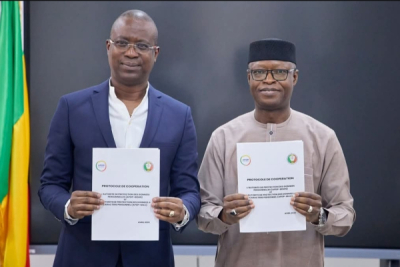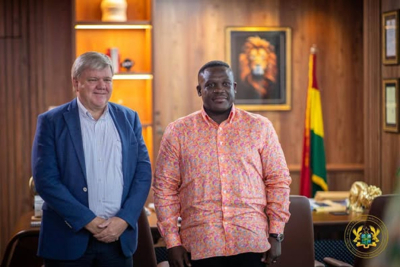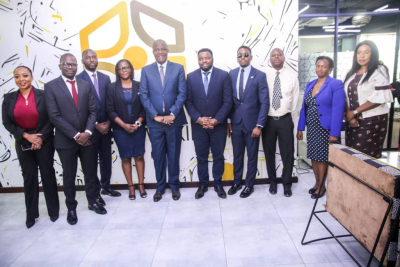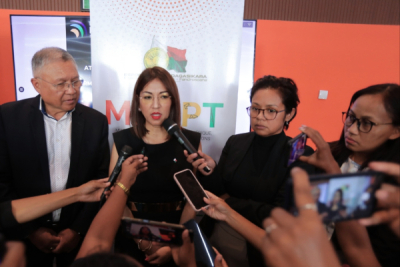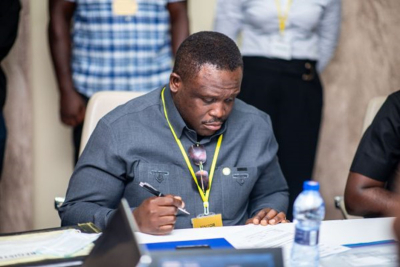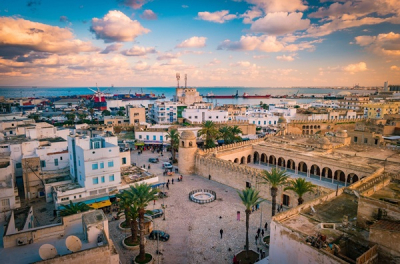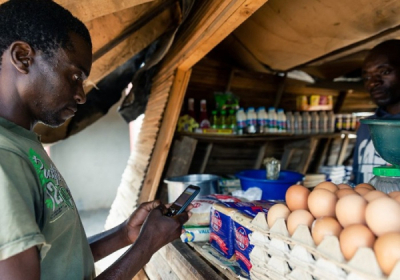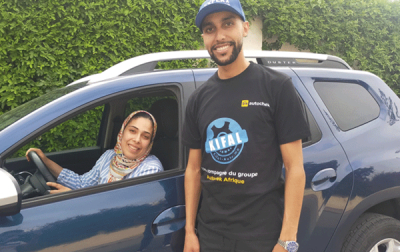As African economies increasingly rely on digital technologies for growth, secure and reliable internet access becomes vital. Enhancing cybersecurity and digital trust helps facilitate online transactions, attract foreign investment, and support economic diversification.
The World Bank announced, on July 29, a call for expressions of interest for a project in Cameroon to strengthen digital trust and boost online transaction security. The initiative seeks experts in cybersecurity policy, capacity assessments, trust frameworks, e-transactions, e-signatures, and public key infrastructure. Proposals are due by August 12.
The consultant will assist in updating Cameroon's National Cybersecurity Strategy from 2018, enhance the regulatory framework for e-signatures, and establish a public key infrastructure. Responsibilities include conducting gap analyses, providing policy recommendations, and hosting capacity-building workshops for government officials.
Selection criteria include the firm's experience, expertise, technical and management skills, and key personnel qualifications. The project is scheduled to begin in September 2024 and is expected to last for nine months.
Cameroon has made strides in establishing a trust framework for online transactions, including the 2010 Law on Cybersecurity and Cybercrime (2010-012), the Law on E-commerce (2010-021), and the 2019 Decree (2019-150) on the National Agency for Information and Communication Technologies (ANTIC). ANTIC regulates cybersecurity and electronic activities. However, the National Cybersecurity Strategy from 2018 remains only partially implemented.
While Cameroon’s legal and regulatory framework reflects a commitment to a secure digital environment, the incomplete implementation of the National Cybersecurity Strategy highlights a governance gap. The World Bank’s call for expert support is vital for refining these efforts and enhancing digital trust and security. Updating the cybersecurity law to address threats like DeepFakes is crucial for protecting citizens and aligning with international standards, thereby strengthening justice and trust in the digital era.
Hikmatu Bilali


